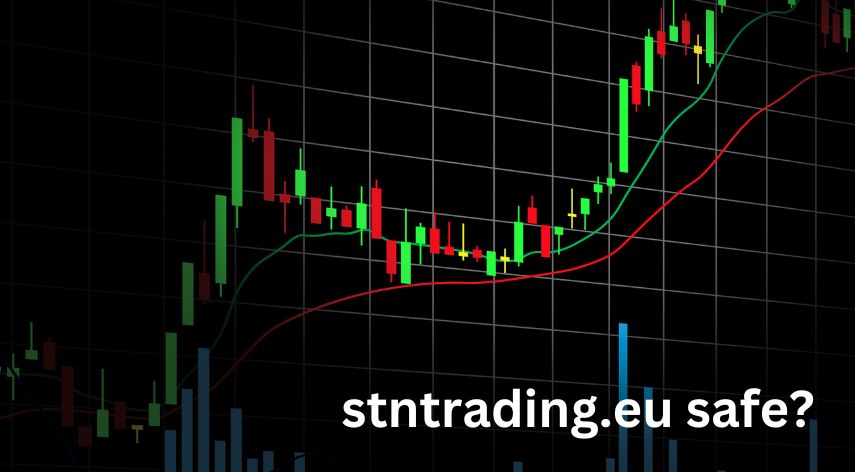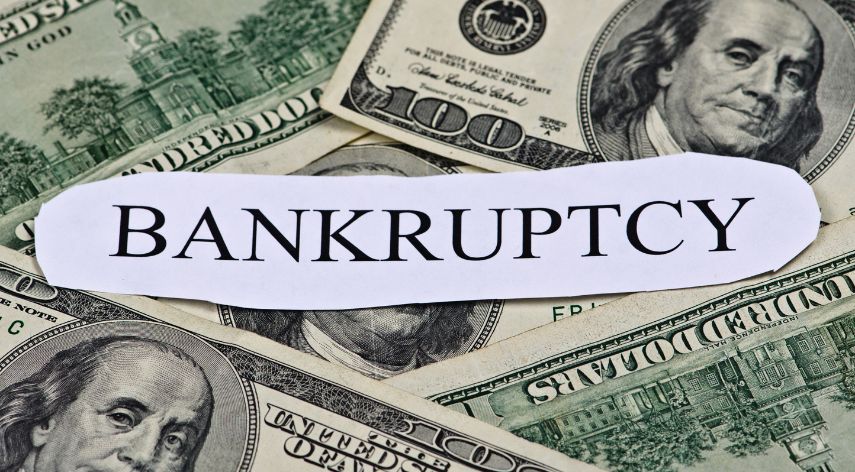INSURANCE AND INVESTMENT, WHAT’S THE DIFFERENCE?
Many people mistakenly think that insurance is the same as an investment. This is because there are insurance products that do contain investment products or unit links. You must know empirical rule to understand that.
But in fact, the difference between insurance and investment is very clear in the objectives of the two financial products.
Consulting’s financial planner, said that this misunderstanding developed because Indonesian people are used to getting results for the money they spend.
Because our society is only accustomed to financial products in the form of bank savings. When saving in a bank, people will get interest in the form of interest, ”said Eko to Cigna, August 2019.
So that you don’t get confused between the two, let’s get acquainted with the differences between insurance and investment.
1. Purpose
The difference between insurance and investment can first be seen from the purpose. Investment is a financial product that aims to develop your funds or assets in order to achieve a financial goal.
These financial goals include the costs of getting married, buying a house, buying a car, going on the pilgrimage, funding for children’s education, pension funds, and others.
While insurance is a financial product that aims to protect you from risks. So that when the risk occurs, you or your family can still achieve the planned goals.
2. Results
The difference between insurance and investment can then be seen from the results. The results that you can enjoy when investing money in investment products are visible assets, and the amount can expand or decrease according to market conditions.
While the results you can enjoy when buying insurance products are protection. In life insurance, for example, the results you can get are in the form of sum insured (UP) if you die during the policy protection period.
This UP can be used by the family to continue life and achieve financial plans in the future.
In health insurance, the benefit you can get is reimbursement of medical expenses if you are hospitalized because of illness.
However, you will not get this insurance benefit if there is no risk. Then, the money you deposited for the insurance premium will also not be returned if there is no risk.
This invisible result is often mistaken for “lost money” by some people who do not understand the principles of insurance work.
3. Risk
Investments carry an uncertain risk, in which your assets or funds will decrease or increase. No one can guarantee that your assets will go up or down if you place them in investment products.
Meanwhile, the risks covered by insurance are generally certain, namely illness and death. “Everyone will definitely experience illness or die.
What is uncertain is when you will face both risks, ”said Eko. Therefore, you need to manage and control both of these risks so that your finances do not decline.
Insurance is a way of transferring financial risk to the insurance company if you experience illness or die.
4. Fund flexibility
The amount of funds you spend on investment is flexible. You can increase or decrease the amount of funds that you place in investment products as needed.
Meanwhile, the premium that you pay for insurance products is still in accordance with the policy you signed.
What if you are looking for both insurance and investment products?
The public’s desire for a practical product, namely insurance which at the same time contains investment eventually gave birth to a product called unit-linked.
By buying unit-linked, you can get two benefits in one product, namely protection and fund development.
It’s okay if you end up buying unit-linked products for reasons of practicality. But Eko advised, you still have to realize that the main product in unit-linked is protection, while investment is an additional bonus.
So, you still need to adjust the product you buy according to your needs.
So, if you want more optimal development of funds, then you need to look for investment products, ”explained Eko.
Then, also realize that buying two products will be more expensive than buying one product.
That is why, the unit-linked premium price is more expensive than you buy pure insurance.
Don’t forget to evaluate your unit-linked products regularly to ensure that your fund development is in line with your needs.
If it is below expectations, you have the flexibility to add or top up your investment in unit-linked products or add it to separate investment products.
Alfred Williams, a distinguished business writer, navigates the corporate landscape with finesse. His articles offer invaluable insights into the dynamic world of business. Alfred's expertise shines, providing readers with a trustworthy guide through the complexities of modern commerce.
Recommended For You
Spread the love In the ever-expanding digital landscape, online trading platforms have become a staple for savvy consumers looking to
Spread the love Have you heard about fiat-to-crypto exchange? One area that continually captures the attention of both seasoned investors
Spread the love Much like any skill you master, financial stability sometimes requires a bit of practice. In the world





